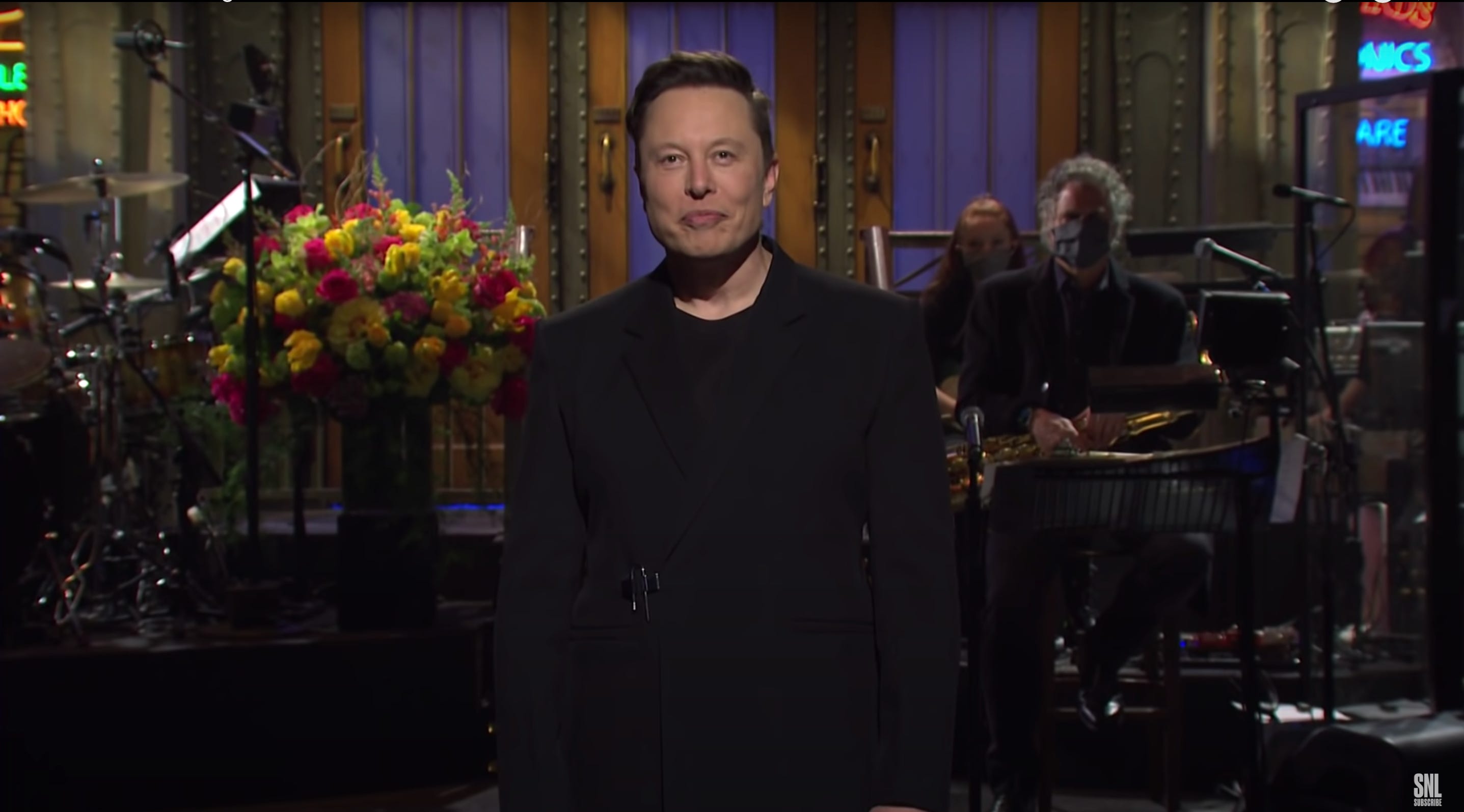Elon Musk And Twitter’s Business Are On A Collision Course
As Twitter's revenue explodes due to its brand safety push, Musk wants a return it to the freewheeling times of old.
Twitter’s toughest business challenge has long been convincing advertisers that it’s a safe place to spend money. The service is fast-moving, emotional, and wildly unpredictable. So your ad — depending on the moment — could appear next to a funny meme or a neo-nazi flame war. For many marketers, that’s been a reason to stay away.
To solve this problem, Twitter’s recently turned to vigorous content moderation. A company that once deemed itself the “free speech wing of the free-speech party” now aggressively polices speech — sometimes to a fault. As it’s become more “brand safe,” ad dollars have poured in. Last year, Twitter made $5.08 billion, up 37% from the year before, its best year on record.
With its business taking off, Twitter is now poised for a fascinating conflict with Elon Musk, its newest board member and largest independent investor. Musk, who bought 9.1% of the company, is not your standard activist investor. Typically, when people make such moves, they do so with the conviction that they can make money by driving change within the business. But Musk seems more interested in changing Twitter’s product and policy, even if it comes at the expense of its bottom line.
Musk has, for instance, criticized the content moderation that’s boosted Twitter’s business. As he was buying his shares last month, he said that “failing to adhere to free speech principles fundamentally undermines democracy” and then asked if a new Twitter competitor was needed. Apparently, he decided to pursue reform from the inside, and this week promised “significant” changes ahead.
Though Musk may have a hard time changing Twitter policy, he’ll inevitably be at odds with the company’s business operation if he pushes a content moderation rollback. Few Twitter employees cheered Musk’s involvement this week, and the uncertainty around the business likely factors heavily. This isn’t about politics, as some say, but revenue. Advertisers want comfort. Musk wants Twitter to return to its freewheeling roots. And that places him on a collision course with the people inside the company responsible for making their numbers. The atmosphere inside Twitter could get awkward quickly.
There are ways Musk could address his beliefs around speech without changing the current moderation rules. Primary among them would be to accelerate Twitter’s transformation into a decentralized protocol, essentially turning the service into many different Twitters, each with their own rules, allowing you to join the one you want. Twitter is currently working on an initiative called Bluesky to push this forward, though it’s progressing slowly.
“It will super interesting to see how this accelerates things Twitter has been talking about for years,” said former Twitter communications head Brandon Borrman, on Wednesday. “Algorithmic choice, open source protocols, decentralization, a biz model that moves away from ads.”
Even if some advertisers stay away from Twitter due to brand safety concerns, it may not necessarily harm the company’s revenue. The buzz Musk generates could attract more marketers, and some are already salivating at the energy he’ll bring to the company. “He will exponentially amplify the recent tangible product momentum at the most opportunistic time, given the very public recent challenges at Facebook, Pinterest, and other platforms,” said one marketer at a major brand. “Only non-serious marketers would pull back on Twitter.”
Musk’s involvement in Twitter’s speech policies may, in some regards, be needed. The company, for instance, went overboard during the 2020 election, blocking links to legitimate stories about Hunter Biden’s laptop. But getting to a place that’s satisfactory to Musk, those inside the company, and its advertisers will be messy. That said, Wall Street is betting they figure it out. The company’s stock is up 22% this week.
What Else I’m Reading
Is Musk actually just trying to fend off the SEC? Amazon workers are far more likely to sustain muscle and joint injuries. WSJ reviews Amazon’s new robot. Uber wants to be a super-app. Spam texts are on the rise. Truth Social loses two key executives. The app is getting desperate. AI draws pictures on command. Shanghai is fed up with Zero Covid policy. Music’s top acts are playing private parties. A man at the scene of an ex-NFL player’s drunk driving crash tells his story.
Number Of The Week
18,000
The number of installs for the CNN app on CNN+ launch day. A small number.
Quote Of The Week
“Facebook gives me the willies.”
Advertise with Big Technology?
Advertising with Big Technology gets your product, service, or cause in front of the tech world’s top decision-makers. To reach this group of 13,000+ plugged-in tech insiders, please reply to this email or write alex.kantrowitz@gmail.com
Twitter's Elon Musk Era Begins — With Christopher Mims
Christopher Mimsis a tech columnist for the Wall Street Journal. He joins Big Technology Podcast to discuss Elon Musk's ascent to Twitter's board this week and purchase of 9.2% of the company's shares. Join us for a deep conversation about what Elon might be up to, how much power he'll have, how Twitter employees are responding, and where this likey leads.
You can listen on Apple, Spotify, or wherever you get your podcasts.
Thanks again for reading. Please share Big Technology if you like it! Also, click the heart on this thing now that you’ve read till the end :)
Questions? Email me by responding to this email, or by writing alex.kantrowitz@gmail.com
News tips? Find me on Signal at 516-695-8680
See you next Thursday!
If you liked this post from Big Technology, why not share it?


